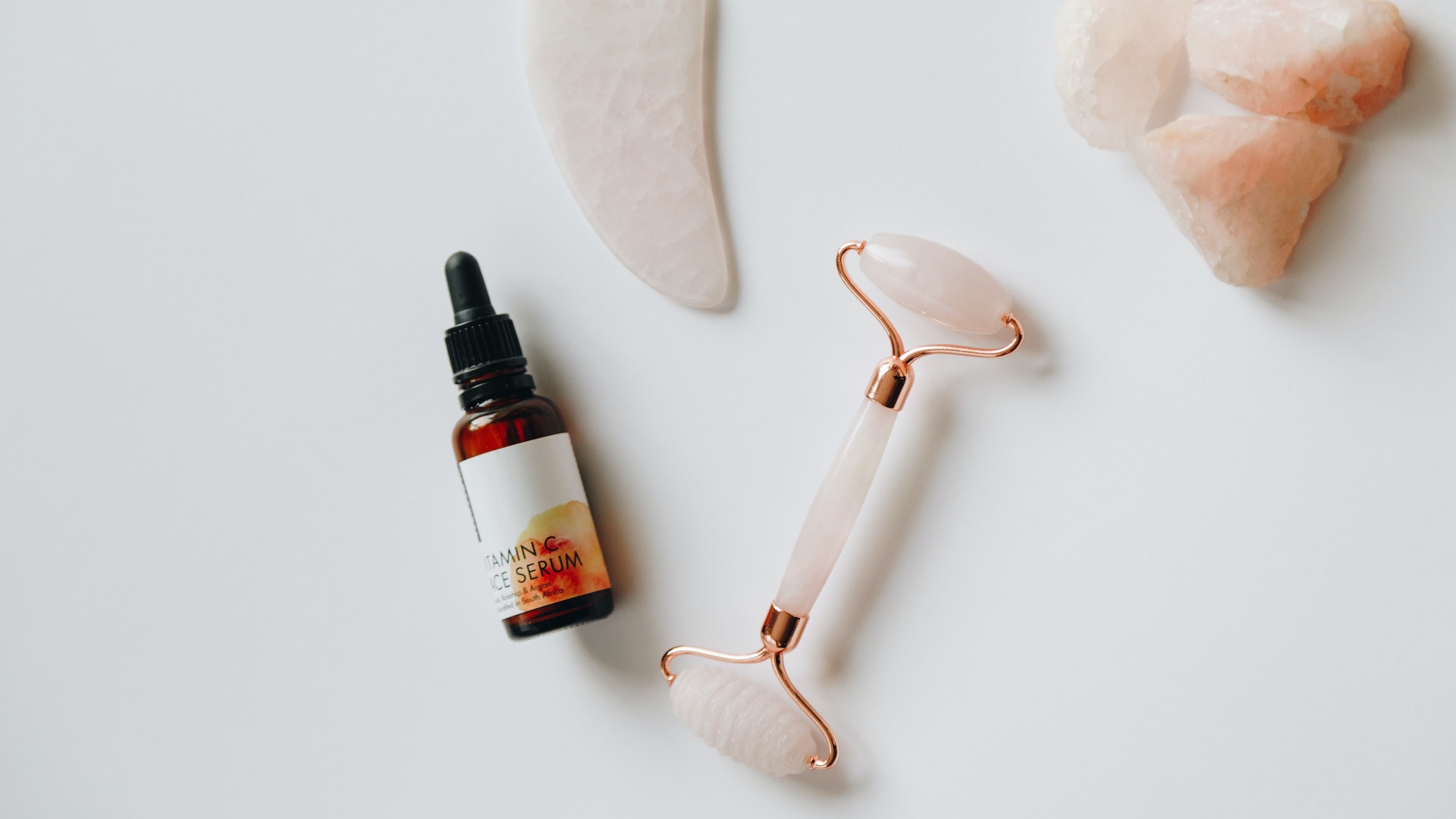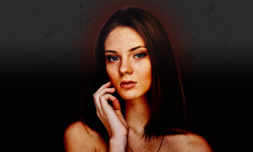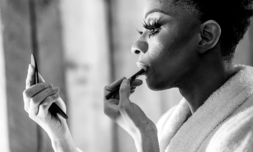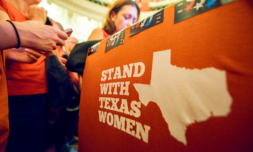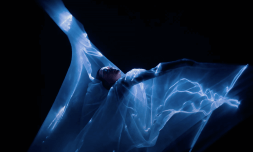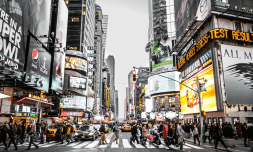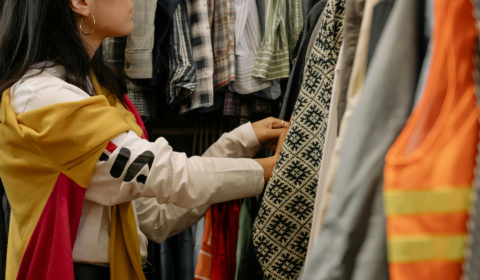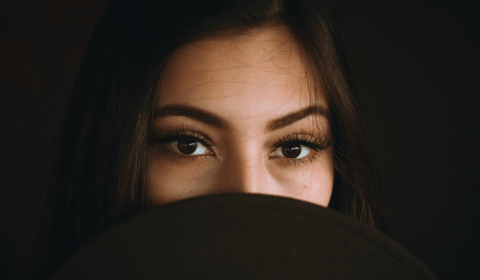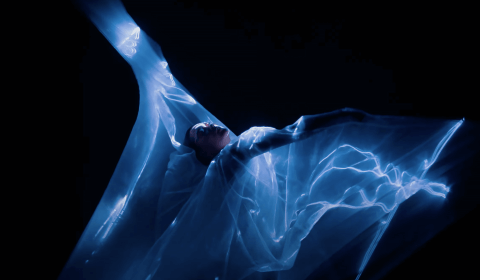In a survey conducted with Gen-Z, 79 percent said they believe that brands have a ‘responsibility to represent all colours and tones’.
Inclusivity doesn’t stop at skin colour either. Incorporating a wide range of ethnicities, spanning gender, sexual orientation, body size, and disabilities is an expectation that brands need to meet.
For progressive Gen-Z, feeling that a brand represents their values is important before spending money on a product. Sustainable packaging, cruelty-free products, and social impacts are all areas that brands have become more focused on in recent years.
You may have noticed that brands seem to have more personality and individuality today compared to previous decades. A brand story, accompanied with a strong philosophy that Gen-Z can identify with and see themselves relating to, are part of what drives a brand’s success.
Adopting a more minimalist approach to self-care
Whereas Millennials went crazy for Instagram makeup throughout the 2010s – heavy foundation, contour, and a smoky eye come to mind – Gen-Z leans into a more natural aesthetic.
A stronger sense of self-acceptance and individuality has seen a growth in product ranges that allow natural, unique features to take centre stage, such as glowing skin, full eyebrows, skin texture.
Prioritising healthy skin over an airbrushed look, and products which have natural, gentle ingredients, have gained an immense following with younger generations.
Thanks to TikTok, where Gen-Z gathers and shares information about the best trends in skincare, products like Cerave and Deciem continue to fly off the shelves because they offer a no-nonsense approach to getting the best out of the skin they have.
Self-expression that’s different for everyone
That said, when Gen-Z does jump into makeup, they know there is always room for a pop of colour and experimentation. There isn’t a standard go-to makeup routine or a singular way of doing things.
Bright coloured liner, lipglosses, and artistic takes on eyeshadow techniques are all ways Gen-Z uses makeup as a tool to express how they’re feeling in a particular moment.
This is best displayed by HBO’s series Euphoria, where the iconic and varied makeup looks were nothing short of beautiful – with rhinestones, glitter, and colourful liner displaying different elements and moods of the teen characters.
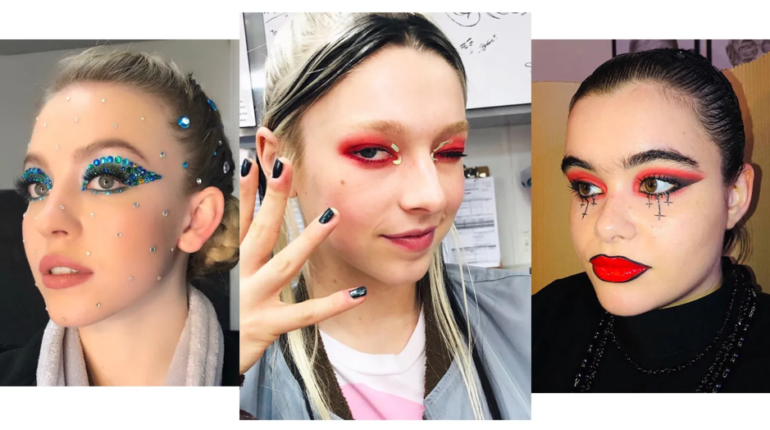
Keeping it real and authentic
Most of all, Gen-Z wants to see authenticity within marketing. Big brands won’t be able to fool younger customers with traditional, polished, and airbrushed advertisements.
Instead, 70 percent of Gen Z say the prefer when content from brands ‘is not perfect’.
The use of real people and models who have skin pigmentation, stretch marks, scars, and other imperfections helps young people to identify with a brand.
Although trends in fashion and beauty are always changing, it’s hard to imagine that the current stage we’re at with skincare and makeup will fizzle out anytime soon.
This stronger focus on accepting ourselves, while optimising the features that make us unique and using makeup as tool of self-expression is keeping all marketing eyes on Gen-Z.









